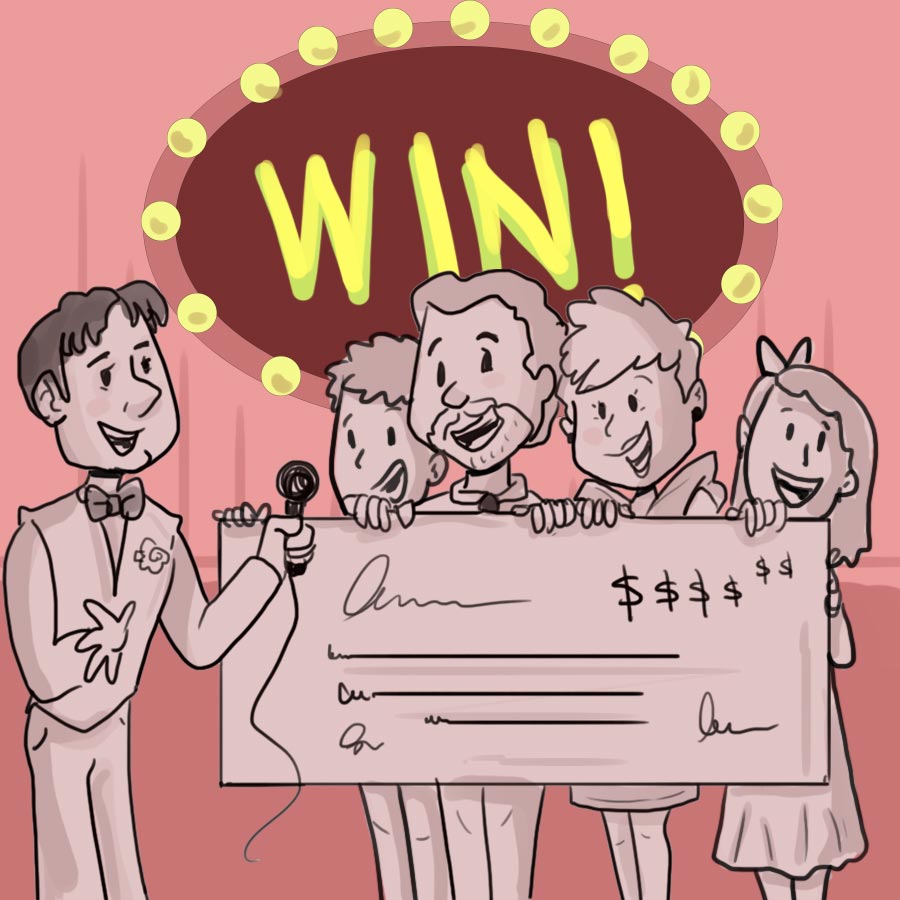How do you see yourself in the future?
What do you think things are going to be like in the future?
How do you plan your future?
In this section you will learn how to express plans and predictions for the future with BE GOING TO.
In informal spoken English we say: GONNA = GOING TO
Look at the explanation.
To express plans we use the verb to Be + Going to + main verb (base form) + time expression:
Future time expressions
To form the negative, we just add not to the verb to Be:
To form YES/NO questions, we simply use the same structure that is used for the verb to Be.
| < |
Short answers:
| *Do not use contractions. | *You can use the contractions isn’t/aren’t. |
To make information questions we use question words and place them at the beginning of the question structure:
| are you going to do on your next birthday? | |
| is he going to eat out tonight? | |
| aare they going to get a new job? | |
| are you going to get to Cancun? | |
| is she going to study Medicine? |
Then we can get more details with a full response:
We usually use GO without GOING TO:
I’m going to Cancun next year.
We’re going to the movies tonight.
Look at the strips, use the prompts to write possible sentences that describe people’s plans. Write two affirmative and one negative. What are they going to do?
A family in Mexico won the lottery and they are asked about their plans to use the money they won. Choose the correct option to complete each statement.

-
- what you are going to do
- what are you going to do
- what you going to do
-
- I’m going to pay
- I going to pay
- I’m going pay
-
- I’m going donate a bit
- I’m going to donate a bit
- I going to donate a bit
-
- I’m not going to open
- I'm going to open
- I going to open
-
- What are you going to
- Are you going to cook
- Are you going to travel
-
- I’m gonna spend
- I’m gonna buy
- I’m not gonna do
-
- I’m not gonna eat
- I gonna
- I’m gonna buy
-
- Why are you going to adopt
- What are you going to adopt
- Are you going to
1 Interviewer: Welcome, dear Martínez. Wow! You are Rich Martinez now. Tell us, ______________ with all this money?
2 Mr. Martinez: Well. I am not sure. First thing I guess ______________ all my debts next week.
3 Interviewer: Good idea! Are you going to donate to charity? Well, that is what many people do.
Mr. Martinez: Eeee. Maybe ______________ in one year. Yes, I am.
4 Interviewer: What about you Mrs. Martinez?
Mrs. Martinez: ______________ my own beauty salon. You know, I want to become my own boss. I’m going to hire some friends who need the job.
5 Interviewer: Sounds great, Mrs. Martinez, ______________ abroad? Many people do it.
6 Mrs. Martinez: Of course. We are going to plan a trip to Asia in six months.
Interviewer: Really? Where exactly?
Mrs. Martinez: Japan. I love Japanese culture.
Interviewer: Nice! What about you, kids?
Boy Martinez: I dunno, ______________ “my part” on videogames and stuff like that. I’m gonna go scuba diving next summer. I'm sure I'm not gonna share it with my sister.
7 Girl Martinez: ______________ clothes from a Unicorn store I know and lots of candy, and videogames for my brother, and shoes for my father, and chocolates for my mom. I'm gonna adopt many puppies.
8 Interviewer: So cute! ______________ puppies?
Girl Martínez: Because I love dogs. In Mexico there are lots of street dogs and it makes me sad.
Interviewer: Wow! Your plans sound great!! Thanks for the interview, Family Martinez, and enjoy your money!
Common short forms in spoken English:
DUNNO = “I don’t know”.
GONNA = Going to.


